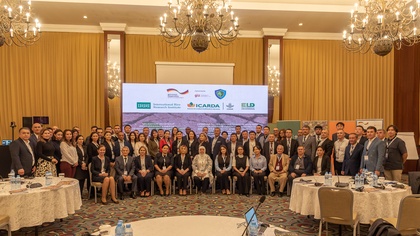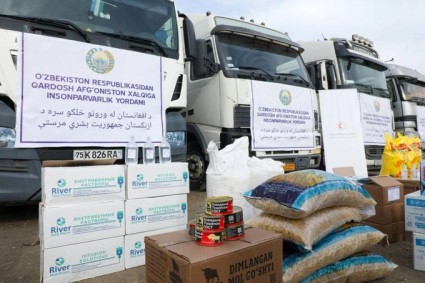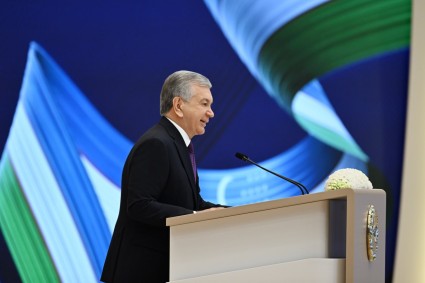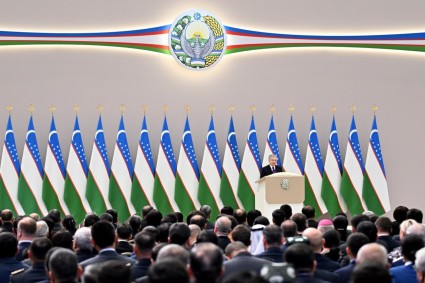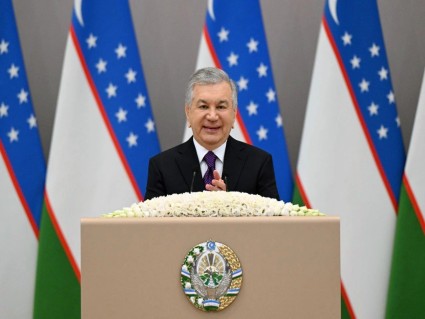More than 70 experts from Central Asian countries are gathering in Tashkent for a two-day workshop focused on restoring land, protecting biodiversity, and addressing climate change.
The event, organized by the International Center for Agricultural Research in the Dry Areas for Central Asia and the Caucasus (ICARDA-CAC) along with Deutsche Gesellschaft für Internationale Zusammenarbeit (GIZ) GmbH, the International Rice Research Institute (IRRI) and the Economics of Land Degradation Initiative (ELD), aims to find common solutions to these pressing environmental issues in Central Asia .
The workshop is addressing major challenges like climate change, loss of biodiversity, and land degradation, which have cost the region an estimated USD 18 billion between 2001 and 2020. Participants will discuss how to restore land in an integrative manner.
“Restoring land in Central Asia is essential for both the environment and our economies,” said Akmal Akramkhanov, the regional manager of ICARDA in Central Asia and Caucasus. “By working together on these issues, we can create a sustainable future for our ecosystems and the people who rely on them.”
Wiebke Foerch, Deputy Head of GIZ´s ILUCA Programme complements on the objective of the joint project on leveraging synergies: “Land degradation, climate change and biodiversity loss are closely interlinked. Therefore, collaboration and integrative approaches across the land-climate-biodiversity-agriculture nexus bear the potential to support sustainable land management more efficiently and to facilitate achieving national targets across all three Rio Conventions.
The aim of the workshop is to present and discuss with the audience key findings of the study results and to co-create recommendations for integrative land-climate-biodiversity action in Central Asian countries. Key topic is to build on the economic evidence that proofs that working together across land, climate and biodiversity agendas in an integrative way and to identify concrete mechanisms to leverage these synergies in countries.
Expected outcomes include recommendations for improving monitoring and investment strategies that support sustainable land use practices across Kazakhstan, Kyrgyzstan, Tajikistan, Turkmenistan, and Uzbekistan.
This collaborative effort highlights the commitment of Central Asian countries to tackle these interconnected challenges through joint actions and innovative solutions.

